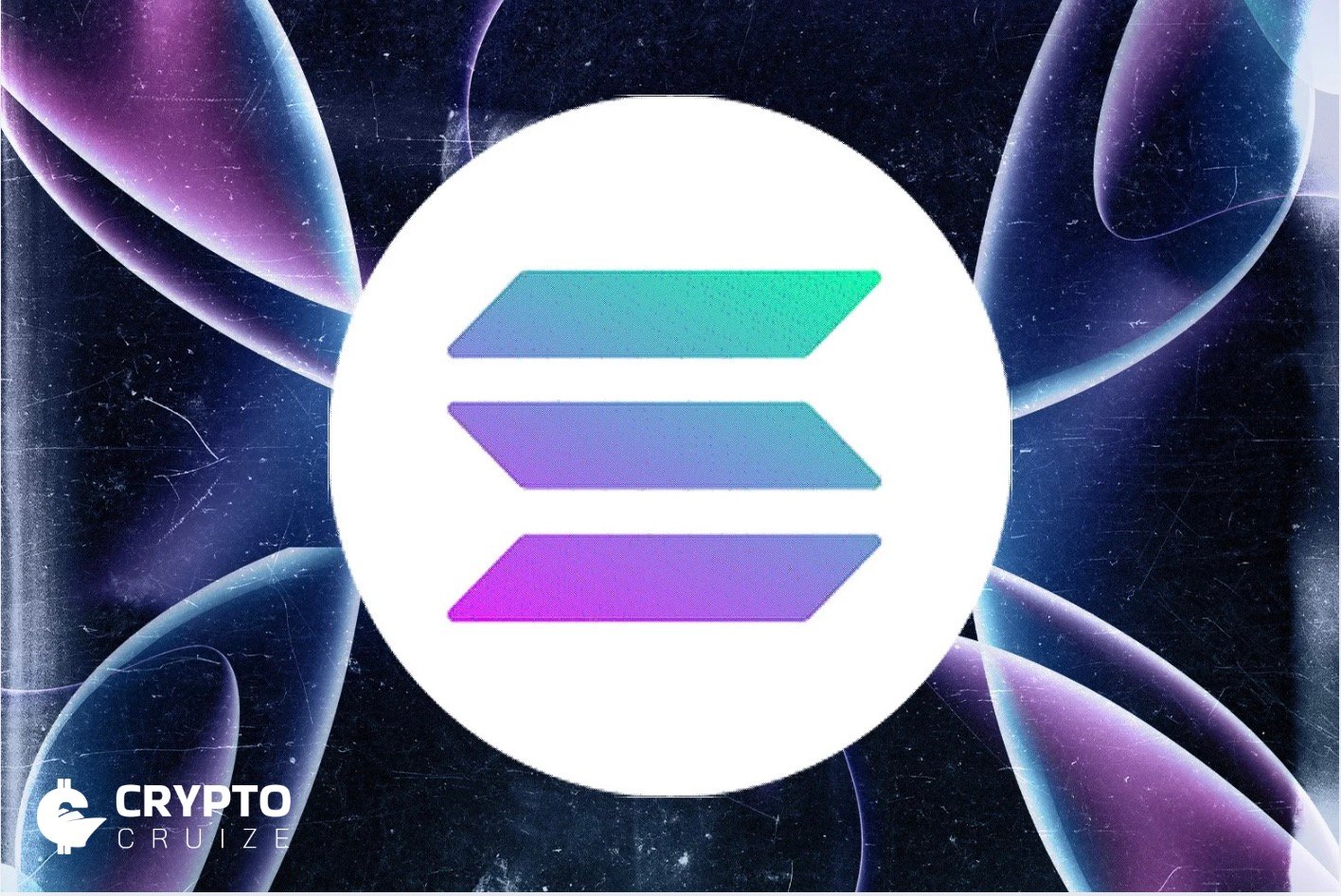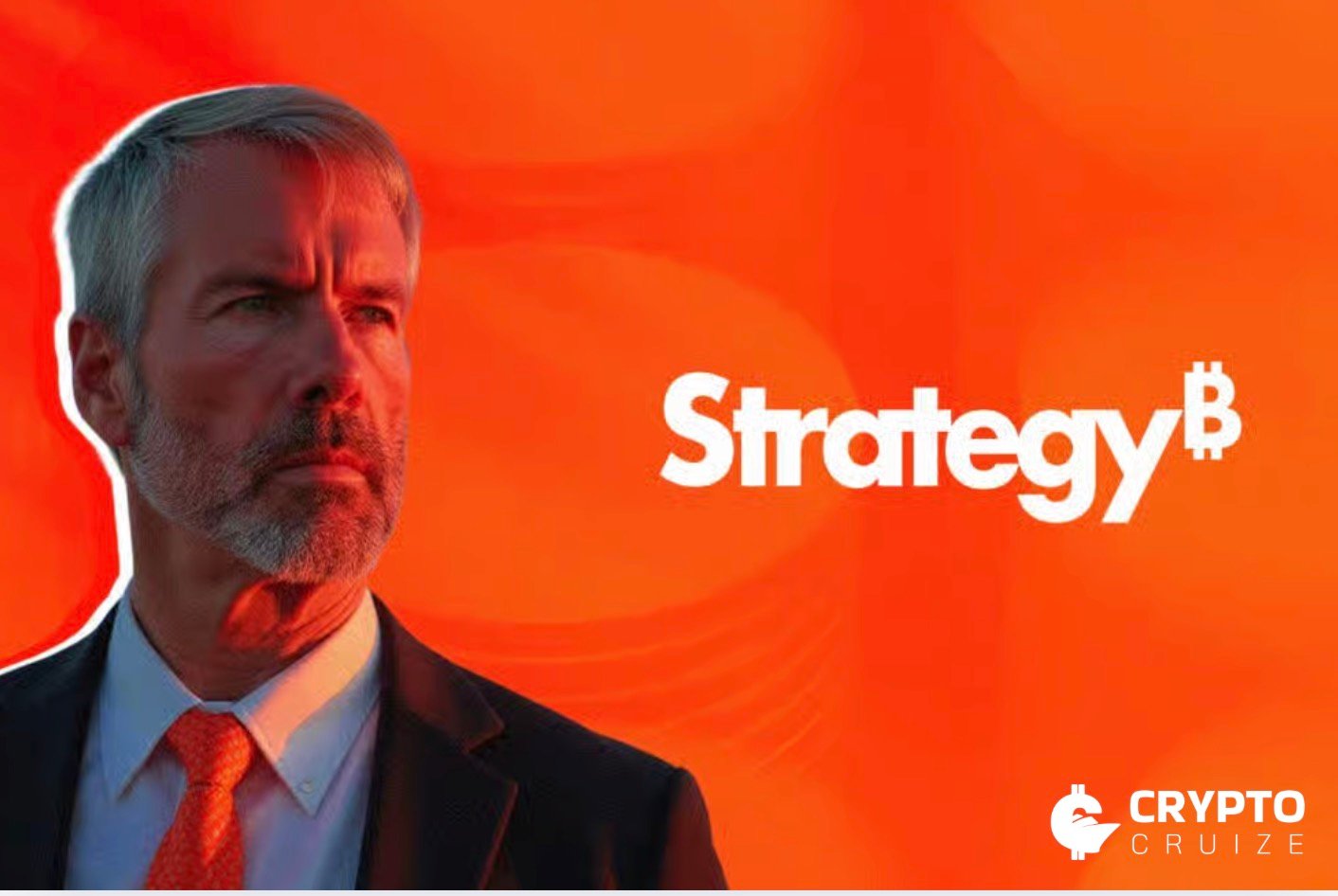Binance Becomes First Major Crypto Platform to Enter Syrian Market
Binance, one of the world’s largest cryptocurrency exchanges, has officially launched operations in Syria following the recent easing of US and European Union sanctions. The full-scale rollout now allows Syrian users to access Binance’s extensive crypto offerings, including trading over 300 tokens such as Bitcoin, XRP, Toncoin, Dogecoin, and Shiba Inu.
This move makes Binance one of the first major crypto trading platforms to establish a presence in Syria, a country that had been previously excluded from such services due to international sanctions.
Sanctions Lift Paves Way for Entry
The launch follows a policy shift announced on 23 May by US Secretary of State Marco Rubio, who formally lifted US sanctions on Syria. The European Union swiftly followed, removing all economic restrictions, thereby opening the path for financial and technological services to enter the region.
Prior to the sanctions relief, Syria was classified as a prohibited jurisdiction under Binance’s terms of use. In a recent statement, Binance clarified that the platform had been operating in full compliance with international sanctions and that Syria is no longer on the restricted list.
Full Access Granted After KYC Completion
Binance’s Syrian rollout includes a comprehensive set of services: spot trading, peer-to-peer (P2P) exchange, futures trading, and staking or “earn” programmes. However, access to these features is contingent upon successful completion of the platform’s Know Your Customer (KYC) verification process.
According to Binance MENA, Syrian users will also benefit from Binance Pay, enabling seamless cross-border remittances, a vital service for the country’s large diaspora population. Additionally, the platform is offering educational content in Arabic to help onboard new users in the region.
Crypto Adoption Accelerates Amid Conflict and Economic Woes
Binance’s expansion into Syria comes against a backdrop of continued internal conflict and economic instability. Following the fall of former President Bashar al-Assad in December 2024, the country remains mired in unrest. Long-standing inflation, a weakened banking system, and a large unbanked population have driven growing interest in alternative financial systems like cryptocurrency.
According to a 2021 study by TradingView, Syria ranked among the top 10 countries globally for crypto-related search activity, alongside conflict-affected regions such as Libya and Palestine. This surge in interest reflects not only economic desperation but also a broader shift toward decentralised financial tools in areas with limited access to traditional banking infrastructure.
A Nation Ready for Digital Finance
Syria’s need for accessible and secure financial alternatives is evident. Data from the International Monetary Fund estimated the country’s population at 21.4 million in 2010, with a GDP per capita of around $2,810. By 2016, it was estimated that as many as 13 million Syrians were living abroad, many of whom may now use Binance Pay for remittances.

As crypto adoption continues to grow in regions affected by conflict and financial instability, Binance’s move into Syria marks a significant step in both market expansion and financial inclusion. While questions remain about regulatory oversight and infrastructure, the launch reflects the platform’s confidence in crypto’s potential to serve underserved populations.
At the time of publication, Binance had not responded to requests for further comment on its Syrian expansion strategy.






















































